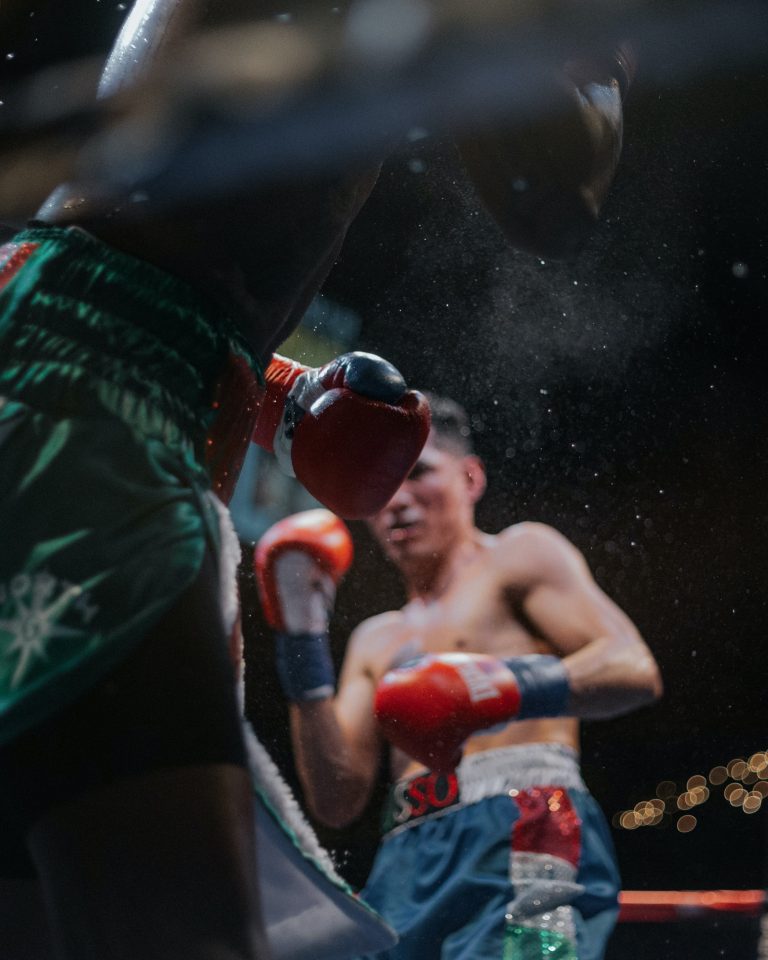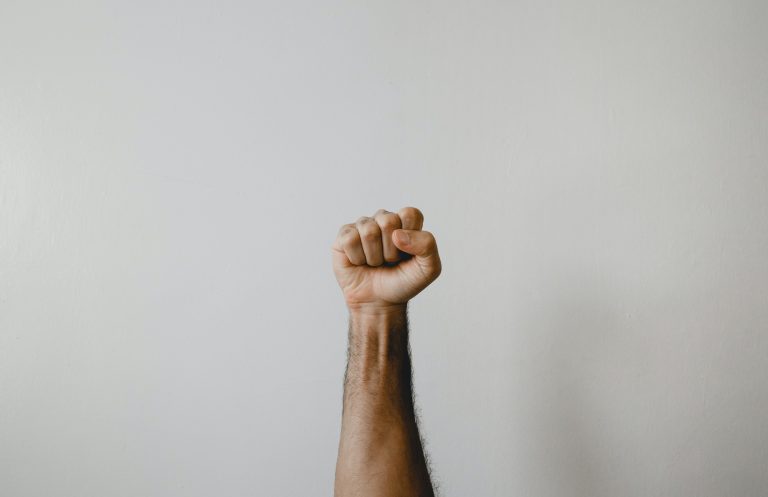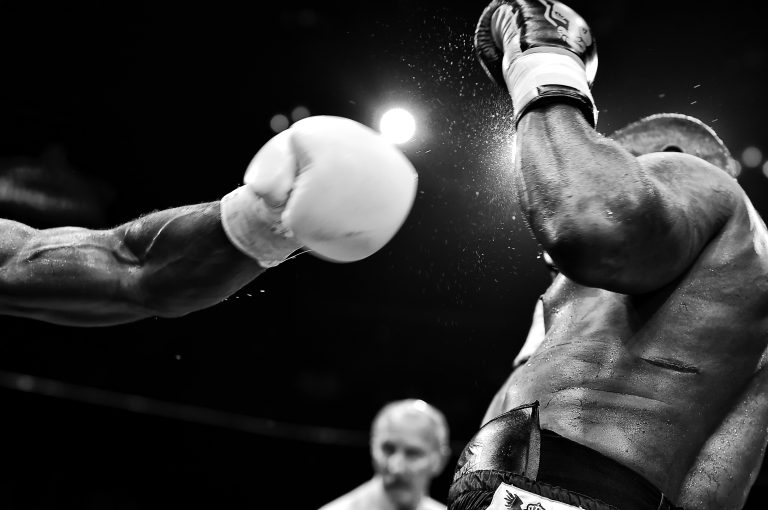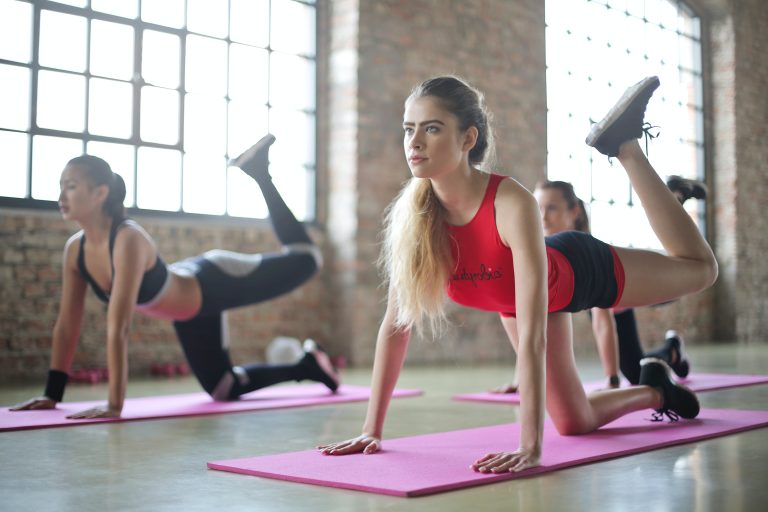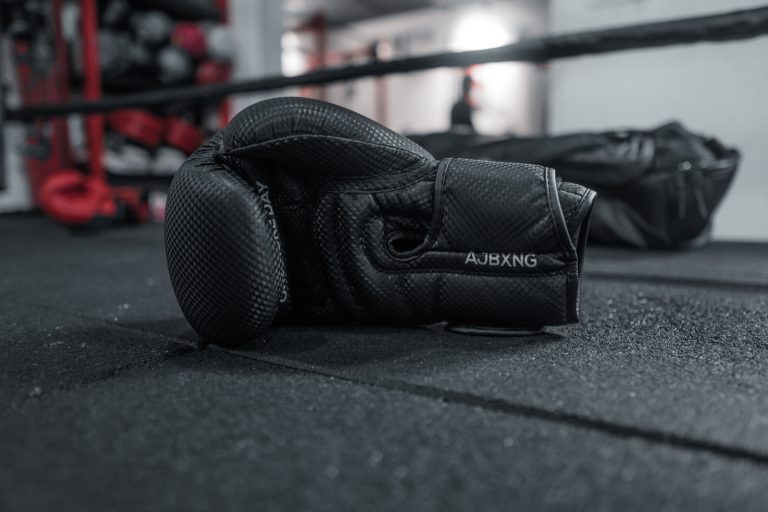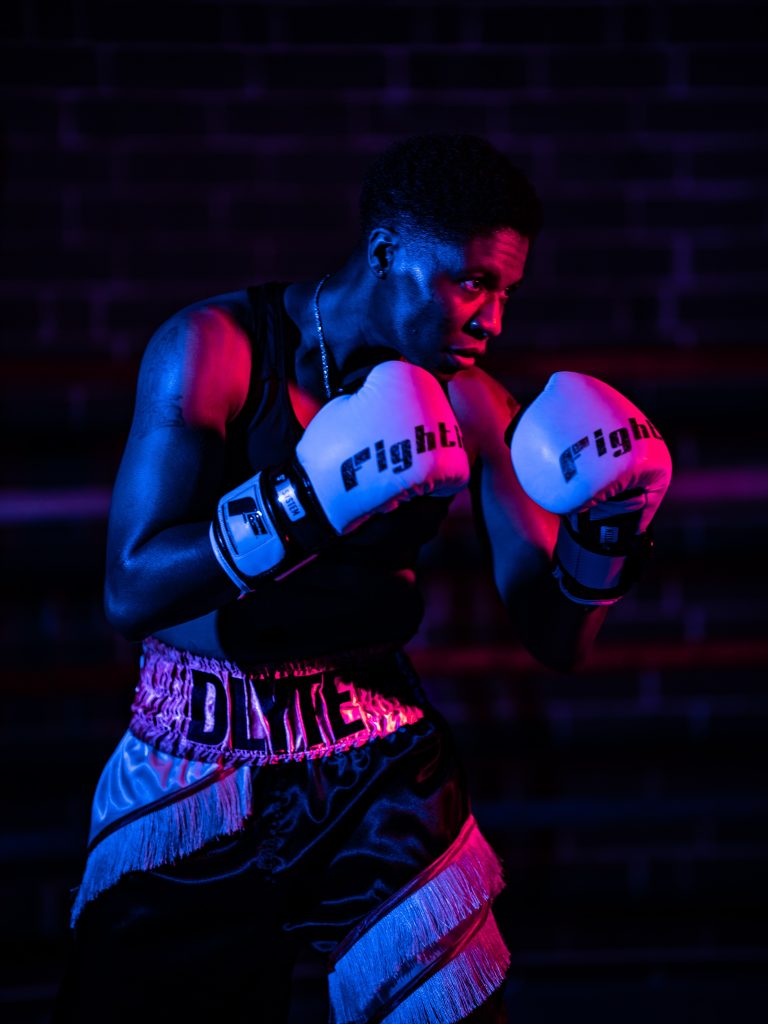Is Karate Useful in Real Life? A Comprehensive Analysis
Karate is an ancient martial art that originated from Okinawa, Japan. It involves various techniques of punching, kicking, and blocking. Karate has been a popular form of self-defense for many years, but some people question its usefulness in real-life situations. In this article, we will discuss whether karate is useful in real life and the benefits it can provide.
Origins of Karate
Karate has its roots in traditional Chinese martial arts, which were brought to Okinawa by Chinese traders and later developed by the Okinawans to create a unique style of martial arts. The Japanese then adopted and developed this style into the karate we know today.
In olden times, karate was mainly used as a means of self-defense against bandits and other criminals who roamed the countryside. It was also used by the Okinawan military to protect the kingdom against external threats.
The Benefits of Karate
Apart from self-defense, karate offers numerous benefits, including physical, mental, and emotional benefits.
Physical Benefits
Karate is an excellent form of exercise and provides various physical benefits such as increased strength, endurance, and flexibility. The rigorous training and strenuous workouts involved in karate practice help to develop strong muscles, improve cardiovascular health, and enhance overall physical fitness.
Mental Benefits
Karate is not only beneficial for physical health but also for mental health. It helps to improve focus, concentration, and discipline. Karate practitioners learn to focus their minds and control their emotions, which is beneficial in daily life situations. The mental discipline and self-control gained through karate practice can help in dealing with stress, anxiety, and other mental health issues.
Emotional Benefits
Karate also has emotional benefits as it helps to boost self-esteem and confidence. The sense of achievement gained through regular practice and training helps to build self-confidence, which is useful in daily life situations. Karate also teaches self-respect, respect for others, and empathy towards others, which are valuable traits for personal and professional growth.
Is Karate Useful in Real Life?
One of the most commonly asked questions about karate is whether it is useful in real-life situations. The answer to this question is a resounding yes! Karate is an effective form of self-defense that can be used in real-life scenarios.
Karate teaches a range of techniques such as punches, kicks, blocks, throws, and joint locks, which are useful in defending oneself against attackers. The training involved in karate practice helps to develop quick reflexes, speed, and agility, which are essential for self-defense.
Apart from physical techniques, karate also teaches important life skills such as situational awareness, avoidance, and de-escalation. These skills help to prevent potential situations from escalating into physical confrontations. Karate practice also helps to develop an acute sense of environment and anticipation, which is useful in identifying potential threats and avoiding them.
Is Karate Useful in Real Life?
Introduction
Karate is a popular martial arts form that originated in Okinawa, Japan. Its foundations are based on defensive moves and strikes, and it has become increasingly popular around the world. However, one of the most common questions people ask about karate is whether it is useful in real life. In this blog post, we will try to answer this question by addressing some of the most frequently asked questions about karate and its practical applications.
What is Karate?
Karate is a martial art form that emphasizes striking techniques such as punches, kicks, knees, and elbows. It also involves defensive moves, throws, and grappling. As a martial arts form, karate provides a comprehensive physical and mental training that shapes the practitioner into a disciplined and respectful individual.
Can Karate Help in Self-Defense Situations?
One of the most significant advantages of practicing karate is its usefulness in self-defense situations. Karate teaches practitioners to be aware of their surroundings, recognize potentially dangerous situations, and respond appropriately to them. Through constant training, karate practitioners develop a deep understanding of their body’s capabilities and learn how to use them effectively.
In self-defense situations, karate techniques such as punches, kicks, and elbow strikes can immobilize or incapacitate an attacker, giving the practitioner enough time to get away or seek help. However, it is essential to note that using force should be the last resort and should only be done to protect oneself or others.
Is Karate Effective Against Weapons?
Karate practitioners are typically trained to fight and defend against unarmed attackers. However, some karate schools also teach defense against weapons such as knives, sticks, and guns. Nonetheless, it is worth noting that weapon defense is highly specialized, requiring additional training beyond traditional karate techniques.
In self-defense situations, a karate practitioner’s ultimate goal is to avoid confrontation and not to engage in combat. If an attacker possesses a weapon, the practitioner’s first response should be to remove themselves from danger.
Can Karate Improve Physical Fitness and Mental Well-Being?
Karate requires intense physical training, which can significantly improve fitness levels. The practice of karate involves movements that improve strength, flexibility, coordination, and balance. Regular karate training can also help with weight management, cardiovascular health, and stress relief.
In addition to physical benefits, karate can also improve mental well-being. Karate training emphasizes mental discipline, focus, and concentration. Karate practitioners learn to control their thoughts and emotions, leading to a better sense of calmness and self-awareness.
Is Karate Useful in Real Life? A Comprehensive Guide
If you’re thinking of trying karate, you’re probably wondering if it’s actually useful in real life situations. The short answer is yes, it can be. Karate is a martial art that has practical applications in self-defense, fitness, and mental discipline.
In this guide, we’ll explore the benefits of karate and how it can be used in real-life situations. We’ll also cover some basic techniques and training methods to help you get started.
The Benefits of Karate
Before we dive into the practical applications of karate, let’s first take a closer look at the benefits of this martial art.
Self-Defense: One of the primary reasons people pursue karate is for self-defense purposes. Karate training teaches you how to defend yourself in various situations, whether it’s against an unarmed attacker or someone armed with a weapon.
Physical Fitness: Karate training is an excellent way to improve your overall physical fitness. It involves a combination of strength, flexibility, and cardiovascular training that can help you build a leaner, stronger body.
Mental Discipline: In addition to the physical benefits, karate also helps develop mental discipline. The practice can help build focus, concentration, and self-confidence, which can carry over into other aspects of your life.
Karate Techniques for Self-Defense
Now let’s take a closer look at some of the practical applications of karate techniques in self-defense situations.
Strikes: One of the most basic techniques in karate is striking. This involves using your fists, feet, or other parts of your body to strike an opponent. These strikes are often aimed at vulnerable areas such as the head, neck, or groin.
Blocks: Another important technique in karate is blocking. Blocks are used to deflect an opponent’s attack, essentially neutralizing their offensive move. Blocks can be done with the arms or legs, and they can be used in combination with strikes.
Throws and Takedowns: Karate also involves techniques for throwing or taking down an opponent. These moves can be effective in situations where you need to quickly neutralize a threat without causing serious harm.
Getting Started with Karate Training
If you’re interested in learning more about karate and how it can be used in real-life situations, here are some tips for getting started with karate training.
Find a Qualified Instructor: The first step in starting karate is finding a qualified instructor. Look for someone with experience in teaching martial arts, preferably with a black belt or higher rank.
Start Slowly: Karate training can be intense, so it’s important to start slowly and build up your endurance and strength over time. Don’t push yourself too hard too early, as this can lead to injury or burnout.
Practice Consistently: Consistency is key when it comes to karate training. Try to practice a few times a week, even if it’s just for a short amount of time. This will help you develop muscle memory and improve your techniques.
Stay Focused: Karate requires a lot of mental focus and concentration. Try to stay focused during training and avoid distractions. This will help you improve your techniques more quickly.
Conclusion
In conclusion, karate is definitely useful in real-life situations. It’s a martial art that teaches not only self-defense techniques but also physical fitness, mental discipline, and personal growth. If you’re interested in trying karate, be sure to find a qualified instructor and start slowly. With consistent practice and dedication, you can become proficient in this powerful martial art.
Inhaltsverzeichnis

